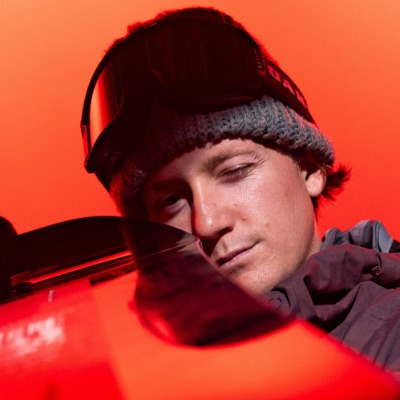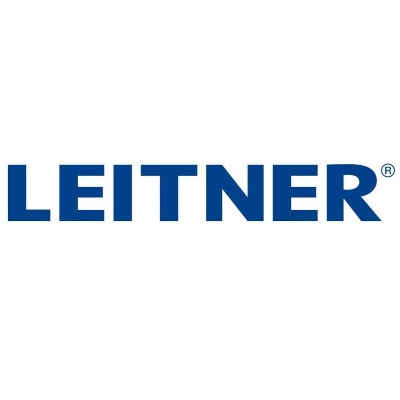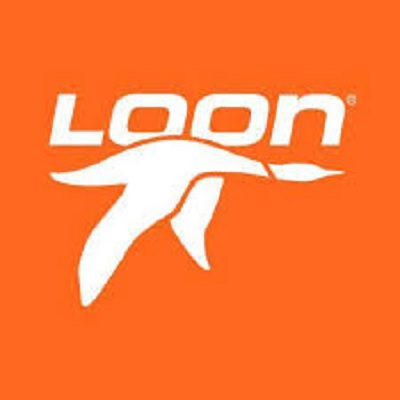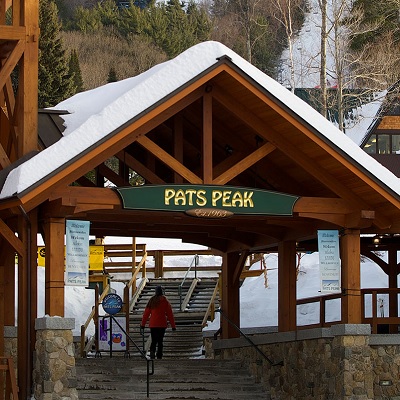Ski industry Releases 2019 Sustainable Slopes Annual Report
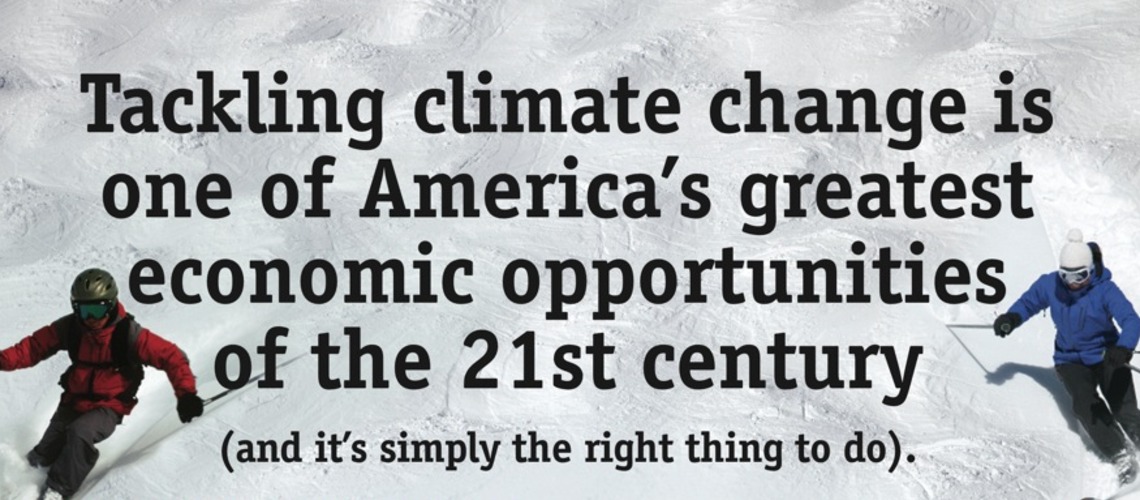
The National Ski Areas Association (NSAA) today released its 19th Sustainable Slopes Annual Report detailing the ski industry’s progress in incorporating sustainability in resort operations and tackling the issue of climate change during the 2018-19 season. The report highlights results of the industry’s Climate Challenge program, a voluntary program for resorts to inventory, target and reduce their greenhouse gas emissions (GHGs) and engage in advocacy on climate change solutions.
“Ski areas across the country are making great strides on sustainability, and the Climate Challengers in particular are providing inspiration and leadership on climate change solutions,” said NSAA president Kelly Pawlak.
The Climate Challenge program provides technical support and a public reporting platform for ski areas that are tackling climate change head on by reducing their carbon footprint and advocating for climate change solutions. There are over forty-five (45) resorts participating in the Climate Challenge at this time. The program welcomed nine new Challengers for the 2019-20 season: Big Sky Resort (MT), Crystal Mountain (WA), Mount Washington Alpine Resort (BC, Canada), Powderhorn (CO), Ragged Mountain (NH), Summit at Snoqualmie (WA), Sugarloaf (ME), Wintergreen (VA), and Wisp (MD).
The Annual Report highlights that in 2018-19, Scope 1 and 2 emissions totaled 223,348 MTCO2e for all Challengers that reported complete GHG inventories. Reporting resorts implemented on-site projects that reduced emissions by 7,683 MTCO2e and reported REC purchases equivalent to 3,581 MTCO2e. The cumulative impact of on-site projects since 2011 (which accrue annual reductions for the life of the project) totals 85,074 MTCO2e reduction. The cumulative total of all REC purchases since 2011 is 213,106 MTCO2e. Together, the cumulative impact of all on-site projects plus REC purchases since 2011 is 298,180 MTCO2e, the equivalent of running 63 wind turbines for a year.
Challengers reported a diverse array of carbon reduction projects this past year, including efficient lighting; on and off-site renewable energy installations; efficiency improvements to snowmaking and grooming operations; building controls that allow building systems like space heating to operate more efficiently; high efficiency propane boilers and heat pumps; automated after-hours computer shutdowns; working with local utilities to increase the amount of energy sourced from renewable power; increased renewable energy storage; and recycling. Challengers also implemented projects to help reduce Scope 3 emissions including an app to help encourage carpooling, supporting alternative transportation options such as shuttles and a ski train, and electric vehicle charging infrastructure.
Climate change advocacy efforts among Challengers included endorsement of HR 763, the Energy Innovation and Carbon Dividend Act; opposition to Corporate Average Fuel Economy (CAFÉ) standard rollbacks; supporting utility and state renewable energy goal increases; supporting state low emission vehicle standards; participating in a price on carbon “DC fly-in”; endorsing ‘We Are Still In’ declaration in support of the Paris Agreement; and working with Citizens’ Climate Lobby (CCL) in support of carbon pricing.
Also highlighted in the 2019 report is the Sustainable Slopes Grant Program, now in its ninth year of providing seed money and in-kind donations to support important ski area sustainability projects. Three resorts received cash grants in 2019: Crystal Mountain Resort in Washington and Sugarbush Resort in Vermont received grants in support of electric vehicle (EV) charging stations to provide more charging options for guests driving electric vehicles; Mt. Hood Meadows received a cash grant to support the purchase of preheater equipment for resort shuttle diesel engines to reduce idling time and emissions. All three of the cash grant recipients are participants in the Climate Challenge program.
Massachusetts-based HKD Snowmakers awarded a high-efficiency snowmaking grant to Whaleback Mountain in New Hampshire in the form of five high-efficiency Impulse R5 Viper snowmaking guns.
“The ski industry thanks NSAA supplier member HKD Snowmakers for their longstanding and generous support of this program, which this year resulted in more efficient snowmaking systems, and lower emissions from operations,” said Geraldine Link, NSAA public policy director. Since its inception in 2009, the Sustainable Slopes Grant Program has awarded $143,500 in cash grants and $417,500 in in-kind grants, for a total of $561,000 in support of resort sustainability projects.
The Annual Report also summarizes NSAA’s work to refresh, refocus, and redesign the Sustainable Slopes program in 2020. Sustainable Slopes 2020 will include new requirements and new benefits for participating ski areas, including a resort sustainability pledge to address stewardship within 10 priority topic areas, correlating badges for resorts to earn through action on those topics, a new Collaboration Portal which will serve as a an online networking forum for ski area sustainability personnel, and a Skier’s Responsibility Code to encourage guests to engage on sustainability and climate.
To access 19 years of Sustainable Slopes Annual Reports, visit /environment/sustainable-slopes/.










